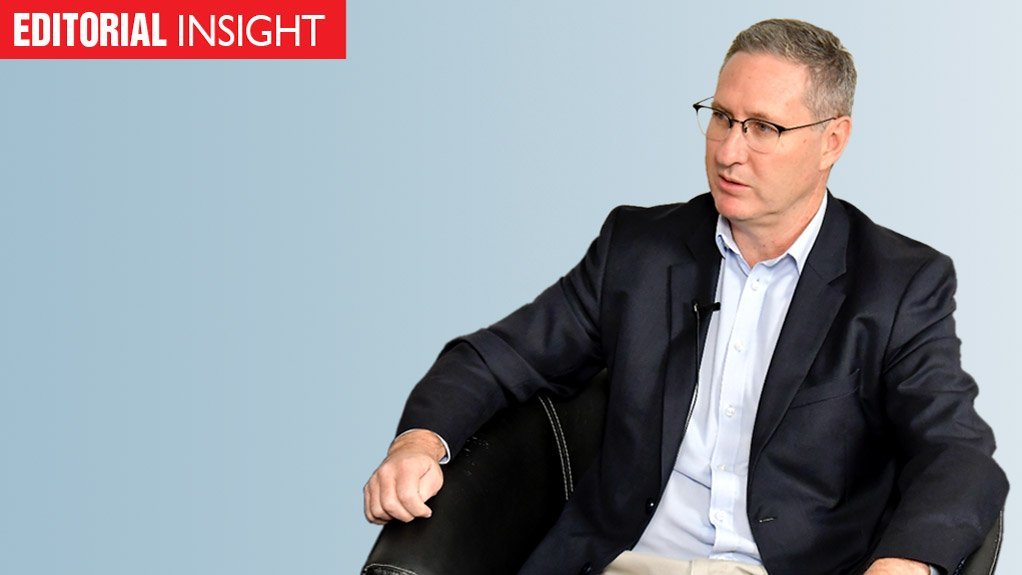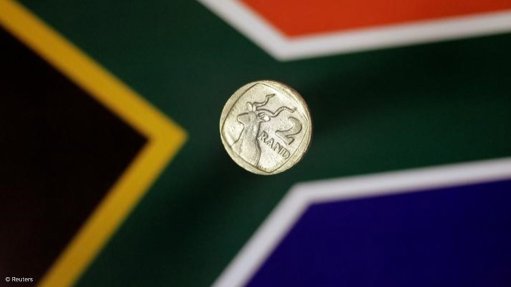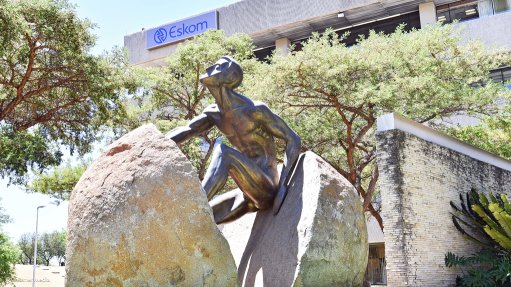Muddling problems and solutions
South Africa’s power crisis is effectively death by a thousand cuts. It’s the consequence of decades of poor policy choices and inappropriate regulation, pitiable governance at Eskom, which enabled highly damaging political interference, and the extremely poor management of the old plants and even worse construction management of the new ones – all amplified by extreme corruption, a flight of skills and, more recently, active sabotage.
Given the ongoing decline in the energy availability factor (EAF) of the coal fleet and the lack of new replacement generation from Eskom and independent power producers (IPPs), the intensity of loadshedding is currently being determined largely by Eskom’s financial ability to buy diesel, as well as the logistics and storage constraints associated with the open-cycle gas turbines.
Efforts are under way to stabilise the EAF, with a particular focus on six underperforming coal stations. But to do so, time, space and money are required for maintenance. Creating time in the short term implies either more diesel or more loadshedding. Creating space requires much more non-Eskom generation.
Because the regulator has not approved Eskom’s request for more diesel, the only other short-term options are for the taxpayer to provide Eskom with money (a move that the National Treasury has hitherto resisted), or for ongoing intense loadshedding until the EAF is stabilised and new generation added.
The failure of government to procure new private generation from IPPs, owing to a seven-year disruption to the public procurement programme and, more recently, the failure of successive emergency and renewables bid windows, means there is little near-term supply side relief in prospect. That said, recent market reforms allowing private generators to build grid-connected utility-scale projects offer genuine promise, but not immediately.
Therefore, other supply- and demand-side options will have to be pursued with greater urgency, including facilitating (through incentives) residential rooftop solar and storage. There is also potential to implement the standard offer to mop up any surplus electricity from businesses in a position to do so, and to import some additional power from the region.
For any of the interventions to work, however, it is vital that there be no muddling of the solutions and the problems. Frustratingly, this is not currently the case, with some commentators repeatedly blaming renewable energy for loadshedding.
Nothing could be further from the truth. The loadshedding problem is entirely down to the dismal performance of the coal fleet and the failure of government and Eskom to introduce new generation at a pace and scale needed to offset that decline.
Given the backlogs, it may not be possible (or would be extremely expensive) to recover some of the coal units that have broken down and are definitely not “idling”.
Yes, Eskom must stabilise the EAF, but to focus on that to the exclusion of urgently implementing the market changes (including the unbundling of Eskom) needed to stimulate investment in new grid, solar, wind and flexible generators that offer the most sustainable route out of this crisis would be ruinous.
Article Enquiry
Email Article
Save Article
Feedback
To advertise email advertising@creamermedia.co.za or click here
Announcements
What's On
Subscribe to improve your user experience...
Option 1 (equivalent of R125 a month):
Receive a weekly copy of Creamer Media's Engineering News & Mining Weekly magazine
(print copy for those in South Africa and e-magazine for those outside of South Africa)
Receive daily email newsletters
Access to full search results
Access archive of magazine back copies
Access to Projects in Progress
Access to ONE Research Report of your choice in PDF format
Option 2 (equivalent of R375 a month):
All benefits from Option 1
PLUS
Access to Creamer Media's Research Channel Africa for ALL Research Reports, in PDF format, on various industrial and mining sectors
including Electricity; Water; Energy Transition; Hydrogen; Roads, Rail and Ports; Coal; Gold; Platinum; Battery Metals; etc.
Already a subscriber?
Forgotten your password?
Receive weekly copy of Creamer Media's Engineering News & Mining Weekly magazine (print copy for those in South Africa and e-magazine for those outside of South Africa)
➕
Recieve daily email newsletters
➕
Access to full search results
➕
Access archive of magazine back copies
➕
Access to Projects in Progress
➕
Access to ONE Research Report of your choice in PDF format
RESEARCH CHANNEL AFRICA
R4500 (equivalent of R375 a month)
SUBSCRIBEAll benefits from Option 1
➕
Access to Creamer Media's Research Channel Africa for ALL Research Reports on various industrial and mining sectors, in PDF format, including on:
Electricity
➕
Water
➕
Energy Transition
➕
Hydrogen
➕
Roads, Rail and Ports
➕
Coal
➕
Gold
➕
Platinum
➕
Battery Metals
➕
etc.
Receive all benefits from Option 1 or Option 2 delivered to numerous people at your company
➕
Multiple User names and Passwords for simultaneous log-ins
➕
Intranet integration access to all in your organisation





















